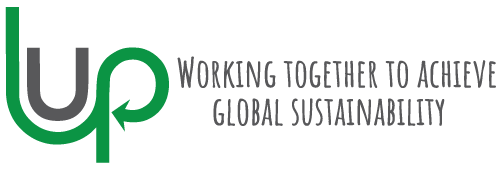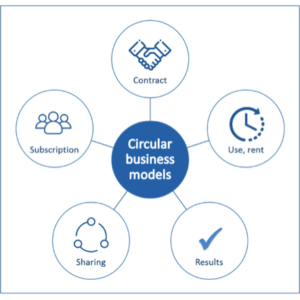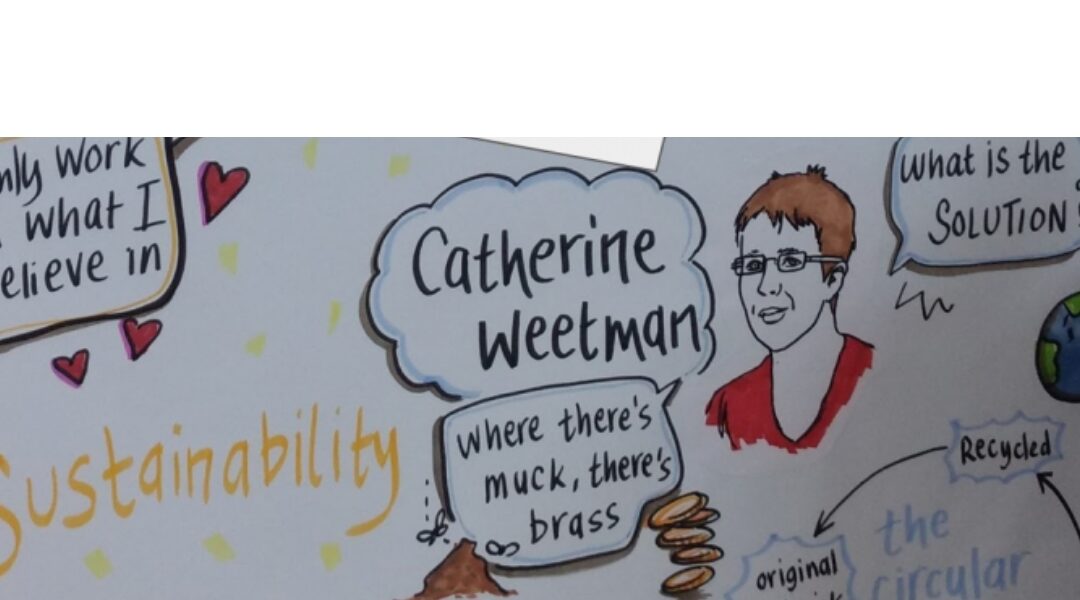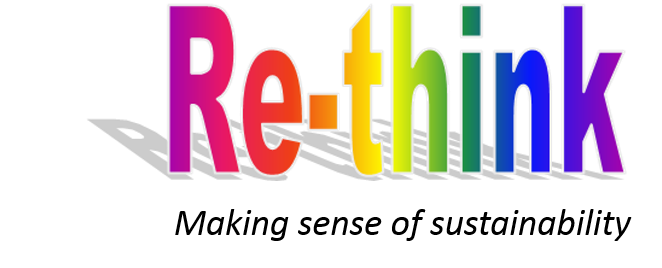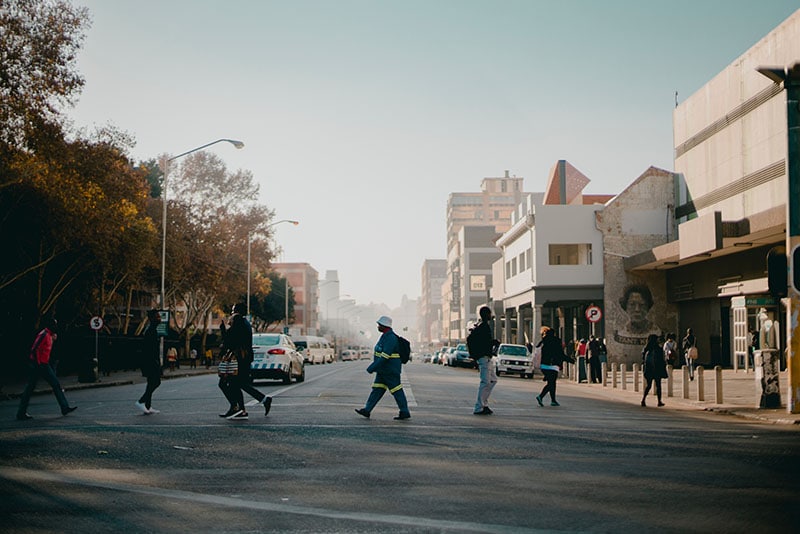

Circular Economy Challenges and opportunities in Africa
Peter Desmond is a Chartered Accountant and MBA graduate bringing a broad commercial perspective to his work on the circular economy. Using his experience from 40 years as a strategic advisor, coach, trainer and senior finance executive, he now supports SMEs and corporates in the UK and Africa in getting started on their circular economy journeys.
He is a Circular Economy Club Mentor and Local Organiser for Brighton & Hove, and organises monthly meetings to help accelerate the transition towards Brighton & Hove becoming a circular city.
Peter has an MA (Distinction) in Globalisation, Business and Development from the Institute of Development Studies at Sussex University. His dissertation: “Towards a circular economy in South Africa – what are the constraints to recycling mobile phones?” enabled him to uncover the ways that circular approaches benefit developing economies. Following his graduation in 2016, he returned to South Africa to co-found, with a group of his dissertation interviewees, the African Circular Economy Network.
Peter gave us the pleasure of answering our questions to better understand how the transition to the circular economy operates in Africa, what is needed to support it and the opportunities that are related.
Tell us about The African Circular Economy Network
“The vision of the African Circular Economy Network (ACEN) is to build a restorative African economy that generates well-being and prosperity inclusive of all its people through new forms of economic production and consumption which maintain and regenerate its environmental resources.”


What are the biggest challenges facing the circular economy in African countries?
“Africa’s economy is intricately linked to global market dynamics. The international drive towards circular economies (CE), particularly in regions and countries with a strong influence on global material and financial flows, such as the European Union (EU) and China, may bring both economic opportunities and risks.
There is little CE-specific legislation and so regulations and policies in operation and policies are generally focussed on climate change mitigation, the Green Economy (GE), and waste management. The UN 2030 Agenda for Sustainable Development and the UNFCCC COP 21 Paris Agreement are two of the foundational global agreements for relevant policy and legislation developed to date. Proposals for implementation are often presented by policy makers in Africa but take time to achieve promulgation into government policy and legislation.”
How do these differ from circular economy challenges in the Global North?
“The theory behind the circular economy has been emerging in Europe, USA and China relatively recently. Africa has been practicing circular economy for many years such as repair, reuse, refurbishment, sustainable farming practices and the sharing economy. Historically much of the circular economy activity on the continent has been born out of necessity. In recent years, circular economy activities in Africa have largely been driven out of a need to improve environmental management and protect biodiversity. But the narrative is changing and if the transition to a circular economy is to accelerate in Africa, then it needs to be based on maximising the value of resources for economic development and job creation through initiatives such as industrial symbiosis.
Circular economy activities continue to increase across the continent, with lots of different examples of circular economy models in practise across countries. The private sector appears to be taking the lead in driving the circular economy transition and significantly, innovative business models appear to be led by Small and Medium Enterprises rather than large global companies.”
What do you see as the opportunities for the transition to a circular economy in Africa? What is needed to support this transition?
“Africa, as with the rest of the world, is standing on the brink of a new global phase. The transition towards CE in Africa will be able to contribute towards the achievement of the UN Sustainable Development Goals, particularly Goal 12 “Sustainable Production and Consumption”. The opportunities for accelerating CE principles in Africa are increasing. As well as lessons learnt to be shared from European countries, India, South America and China, African entrepreneurs and start-ups are emerging. Yet there are local, regional and continental constraints which need to be overcome for this momentum to accelerate.
In order to assist in the acceleration to a circular economy in Africa, ACEN is now planning the 1st Pan African Circular Economy Conference to take place in 2021. Support from a variety of stakeholders is now being sought to reach organisations and policy makers across the continent. “
Can you give us some examples of circular economy activities and practices in Africa?
“Below are two images which highlight the opportunities and challenges for the circular economy in Africa:
- Case studies
- Policies and legislation”
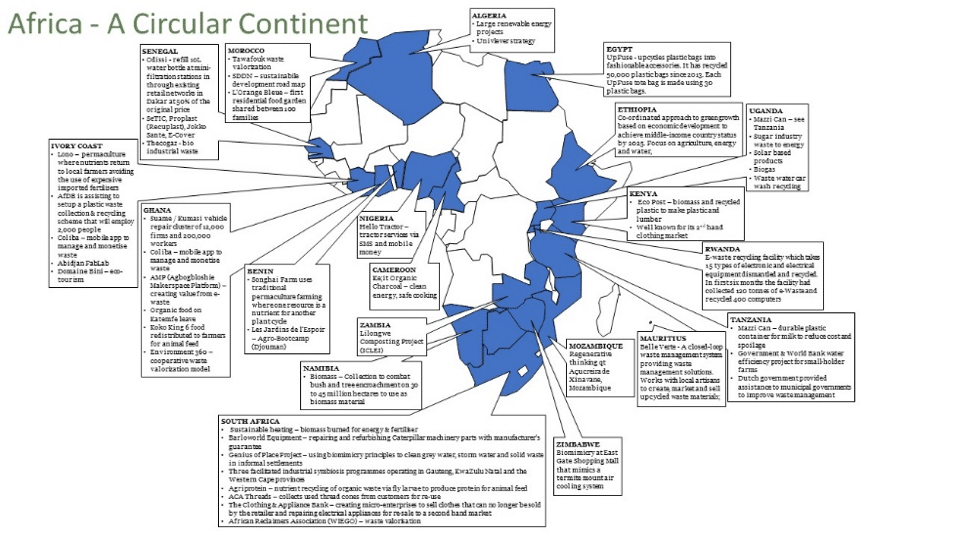

| Country | Name of policy & year | Implementing agency | Short description |
| Ethiopia | Climate Resilient Green Economy (2011) | Ministry of Environment | Reduce impact of climate change through renewable energy |
| Ghana | Ghana Goes for Green Growth (2010) | Ministry of Environment | Sustainable development and equitable low carbon economic growth |
| Kenya | Nationally Appropriate Mitigation Action – Circular Economy Municipal Solid Waste Management Approach for Urban Areas (2016) | Ministry of Environment and Natural Resources | Diversion of waste from disposal sites towards recycling |
| Namibia | Green Economic Coalition Dialogue (2011) | Ministry of Labour and Social Welfare | Economic development, job creation and CO2 reduction |
| Nigeria | Extended Producer Responsibility Programme (2013) | National Environmental Standards and Regulations Enforcement Agency | Minimisation of industrial waste and promotion of recycling |
| Rwanda | Plastic Bag Law 57 (2008) | Ministry of Natural Resources | Prohibition of manufacturing, importation, use and sale of polythene bags |
| South Africa |
National Environmental Management Act (1998)
Circular Economy Guideline and Briefing Note (in development)
|
Ministry of Environment
United Nations Environment Programme and the South African national Department of Environmental Affairs |
Minimisation of waste, pollution and use of natural resources
As part of SAG focused on circular economy for sustainable consumption and production |
To have more information, Peter can be contacted at: peter.desmond@acen.africa
For the latest interview with Peter click HERE.
